No notification of Mozambican citizens among 4,000 immigrants to leave Portugal - ambassador
Mozambique attacks: “Everything indicates” that armed group received increased resources and personnel – researcher
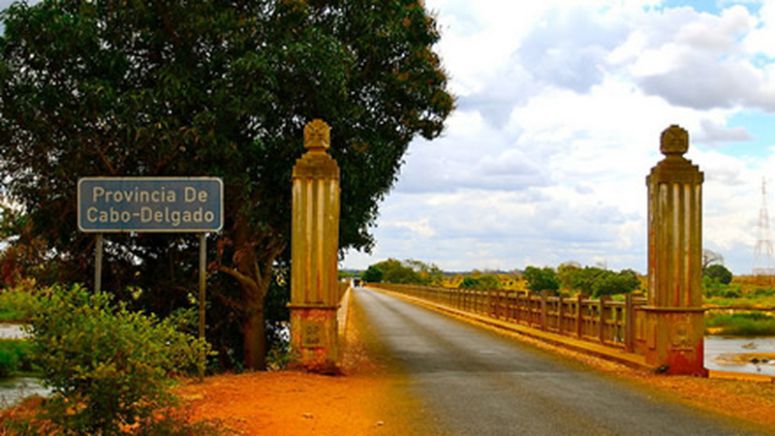
File photo: Lusa
Paulo Granjo, assistant researcher at the Institute of Social Sciences of Lisbon, told Lusa on Sunday that the attacks in northern Mozambique had entered a new phase, with the insurgents having better means and personnel.
“With the attack on Mocímboa da Praia, on Monday, we entered a new phase. Everything indicates that, in addition to having accumulated large amounts of weaponry in their attacks, there was some kind of reinforcement of troops and means from abroad,” Granjo said.
In an interview with Lusa regarding this week’s attacks in Mocímboa da Praia and Quissanga, the social anthropologist, who has studied Mozambique for decades, said he felt that there was “a complete change from what had been happening” since 2017.
Until last week, the insurgents “were merely sourcing subsistence and food by attacking isolated and defenceless villages. But this third phase strongly indicates that they are obtaining reinforcements in means and personnel no longer just from Mozambique, but from abroad, and that they will now be able to use their military power to confront the police and armed forces and exercise some control over territory”, he said.
After the first two phases – clashes first against the police forces, and then against small settlements – in this third phase of the conflict, the goal is no longer just to guarantee the group’s subsistence.
“In Quissanga, which is already more than 100 kilometres from Mocímboa da Praia, there were according to existing reports, no direct attacks on residents, although some individuals died,” Granjo notes.
The armed men, who shared images with them raising the Islamic State flag, sent people either to mosques or to the beach “and then launched a direct attack on the police barracks, tried to blow up the vaults of bank branches, and cut the optical fibre connection with the rest of the country”.
For the investigator, this “shows that they have entered a different phase, in which there are attacks on state forces rather that reprisals on and robberies from the population. Apparently, there has been a demonstration of the ability to occupy villages and render state forces redundant, albeit through guerrilla behaviour, and at a new level of confrontation”.
Asked whether the lack of control by police forces shows a ‘failed state’, the researcher said no, arguing that guerrilla behaviour was effective, and that was precisely why it had been used for centuries.
Paulo Granjo earned a doctorate in Social Anthropology in 2001 and started teaching in 1999, as a visiting professor at Eduardo Mondlane University (UEM), where until 2006 he contributed to the formation of the current generation of Mozambican anthropologists, according to the information on the ICS, who also explains that the academic is a Member of the Scientific Council and of the Postgraduate Studies Commission of ICS-ULisboa and an Honorary Member of Merit of AMETRAMO (Association of Traditional Doctors of Mozambique). Granjo is also Corresponding Researcher at the African Studies Centre of Eduardo Mondlane University (UEM).
Cabo Delgado province has, for two-and-a-half years, been the target of attacks by armed groups that international organisations classify as a terrorist threat, and which have killed at least 350 people, in addition to forcing 156,400 people to abandon their homes in search of safety.



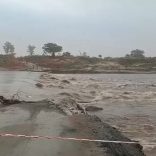
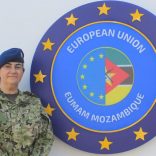
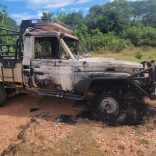
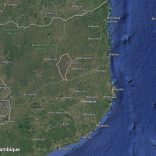






Leave a Reply
Be the First to Comment!
You must be logged in to post a comment.
You must be logged in to post a comment.